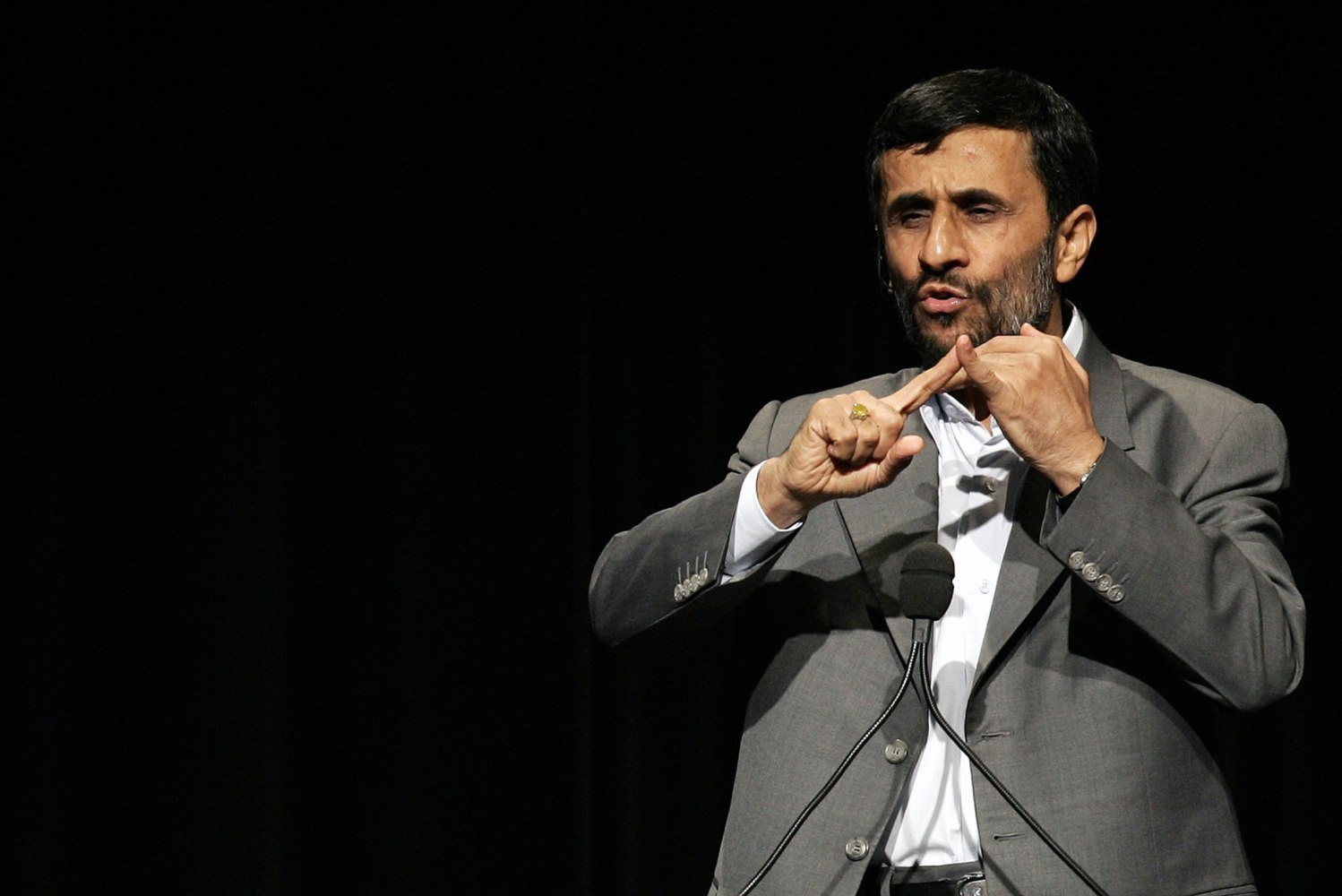Em tempos de Assembléia Geral da ONU, a NBC apresentou uma interessante produção jornalística sobre como a NSA teria obtido inteligência de toda a delegação do Irã comandada por Mahmoud Ahmadinejad em 2007.
Conforme o relato das fontes da matéria, toda a delegação de 143 membros do Irã que se hospedou em hotéis de New York foi monitorada de formas bastante específicas:
"...Although the NSA document makes no specific reference to bugging the rooms of the delegation, which stayed at the Intercontinental Hotel and other hotels in midtown Manhattan, a former senior U.S. government official confirmed to NBC News that the bugging took place..."
Uma verdadeira operação de vigilância foi então montada. Afinal, de que adianta ter todas as conversas em Farsi se não fossem adequadamente traduzidas, contextualizadas e interpretadas a contento em atenção ao princípio da oportunidade que rege todo o ciclo de produção da Atividade de Inteligência?
Várias tecnologias de suporte são citadas:
"...In addition to monitoring phone calls and in-person conversations, a secret technology called "Blarney" allowed them to intercept Skype conversations and video teleconferencing [...] "Speech Activity Detection," meanwhile, "was run on all incoming traffic to help identify [recordings] with little-to-no speech to prevent our having to listen to dead air." The analysts also used "VoiceRt" to set up phonetic keyword searches in Farsi to find email addresses and "discussion of prominent individuals..."
Saber quem se relacionava com quem e de que forma, sobre quais temas cada um se especializa e quais as correntes de pensamento. Tudo em tempo real, a ponto de utilizar o conhecimento em eventuais tentativas de HUMINT por parte de operativos americanos, interagindo sutilmente com membros da equipe iraniana, durante um lapso temporal específico. Afinal, a eventual contramedida deveria tomar lugar em uma reação adequada durante a Assembléia Geral se desvelava.
"... The "Social Network Analysis office" of the NSA also used the surveillance to reconstruct the social networks of the top Iranian delegates, and better understand their relationships with each other. According to a former analyst, that would help the U.S. understand things such as which aides Ahmadinejad relied on most, and which held the real power..."

Nenhum comentário:
Postar um comentário